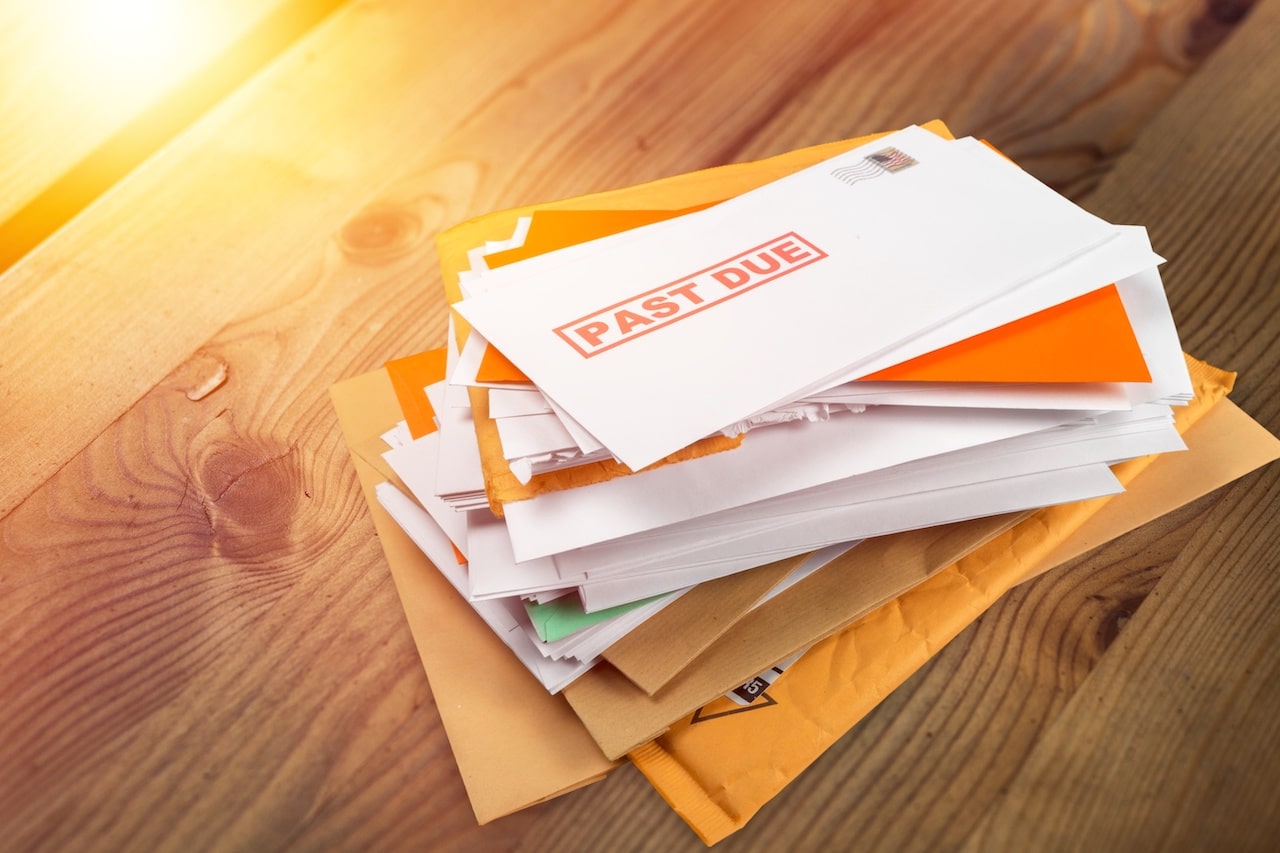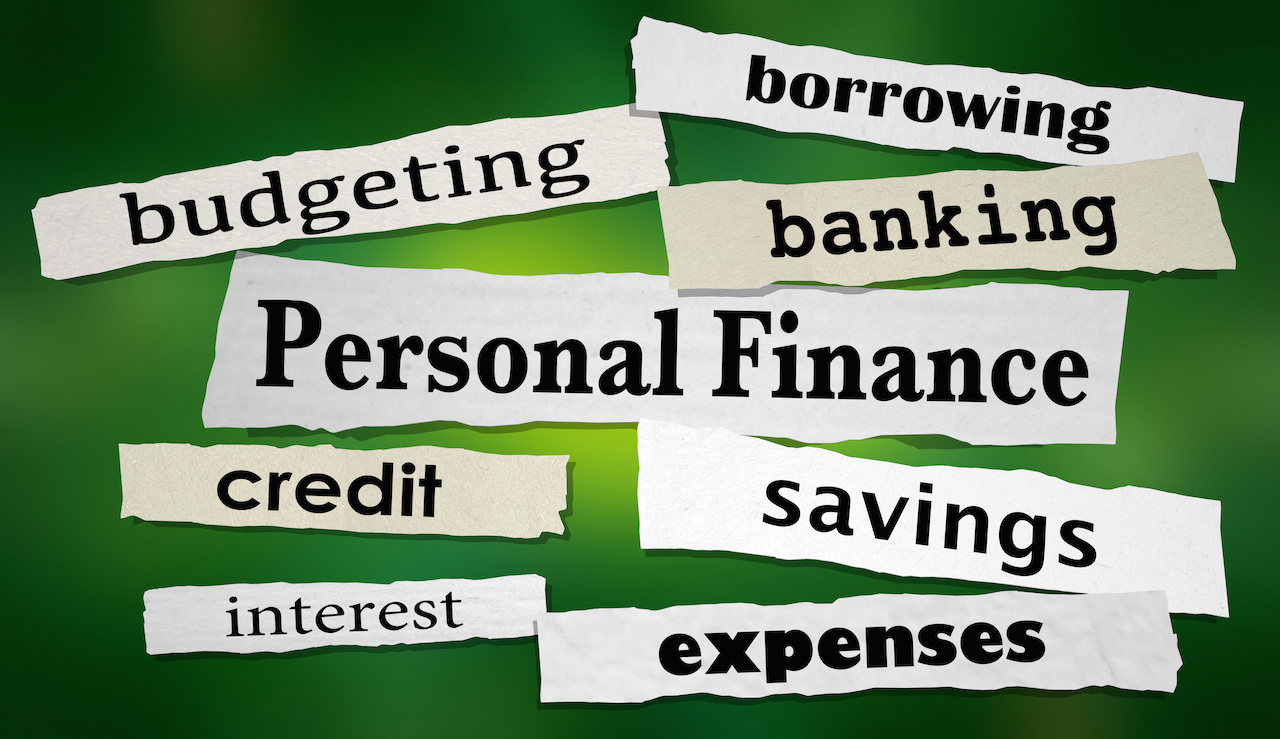Credit Sesame discusses where you may be able to get help paying utility bills.
The worst way to learn that you didn’t pay the utility bill is when the lights go off and your gas central heating does not turn on.
High inflation may be causing your power bill to be higher than it normally is, and with winter approaching, heating your home is likely to cost a lot more than it did a year ago.
Fortunately, there’s help available for paying such bills, starting with your utility company.
How high are utility bills?
The U.S. residential price of electricity is projected to go up 8% this year compared to 2021, according to an October report by the U.S. Energy Information Administration. In 2021, the average U.S. residential monthly utility bill for electricity was $121, according to the EIA. The average cost of natural gas was about $61 per month in 2021.
Through September 2022, the inflation rate for electricity was 15.5%, and for piped gas service into homes it was 33.1%. If those inflation rates hold for the year, then the average monthly electricity bill rises to $139, and the average gas bill goes up to $81 each month.
But inflation isn’t the only factor that’s raising rates. The war in Ukraine is the biggest factor and is increasing international competition for U.S. exports of liquefied natural gas.
Home heating costs this winter are projected to rise 17% above winter 2021, and 35% from two years ago, according to the National Energy Assistance Directors Association, or NEDEA. This includes heating from natural gas, propane, electricity and heating oil.
Where to look first for help paying utility bills
If you’re having a hard time paying your utility bills, you should contact your provider long before the electricity and gas are turned off.
They may be able to start a budget billing plan where payments are spread equally throughout the year so you’re not surprised by a huge bill during months when usage increases. Some utility companies provide a temporary discount on your bill if you pay some, but not all, of what you owe. Your monthly bill may have more information on it.
If you still need help, ask your utility company for contact information for federal, state and local assistance programs, and nonprofits. Your household may be required to be at or under federal poverty guidelines of $27,750 or less for a family of four. Higher-income households may be able to get aid, but it is likely to be more difficult.
Low Income Home Energy Assistance Program
Called LIHEAP for short, the Low Income Energy Assistance Program is the main way to get help paying utility bills. It is available in every state, and in territories such as Puerto Rico and Guam. Some states use a different name, such as the Comprehensive Energy Assistance Program in Texas, but whatever it’s called you should be able to find one in your state.
This federal program helps low-income families pay energy bills, along with weatherization and minor energy-related home repairs. It also helps prevent energy shutoffs and has reconnecting services.
To find where to get help, start at the program’s website to find out where to call or email for assistance.
Emergency Rental Assistance Program
The federal program called the Emergency Rental Assistance Program helps renters who have fallen behind on their rent or utility bills. There are more than 500 programs throughout the United States, and the Consumer Financial Protection Bureau can help you find one in your area.
The program was especially busy after the pandemic started, and it continues to offer help with rent and utilities.
Generally you can qualify by having a household income below a certain amount. Other conditions include having at least one person in the household who is at risk of becoming homeless or would have trouble finding a stable place to live, and someone in the home who has qualified for unemployment or has large expenses or other financial hardships.
The ERA program is for renters only. Homeowners can get help with energy costs through the Homeowner Assistance Fund.
Community Action Agency
The Economic Opportunity Act passed in 1964 helps fight poverty by empowering the poor, It is still in action in the United States through Community Action Agencies. These local private and public non-profit organizations put communities at the heart of their own local services, including aid with utility bills.
To qualify, you must generally have a low income, or be disabled or elderly.
Churches and charities
Many churches have funds set aside to help people with a specific need who aren’t members of the clergy. The church may ask for a copy of your utility bill, identification, and a signed lease or documents showing that you’re the homeowner responsible for the bill.
You don’t have to be a member of a local church to get this assistance. The main requirement is that you’re in need.
Charities such as the Salvation Army are among the nonprofits that have programs to help people who can’t afford to pay their utility bills.
The Salvation Army has several programs across the Midwest. The HeatShare program in Minnesota and North Dakota provides emergency utility assistance to pay for natural gas, oil, propane, wood, electricity and emergency furnace repairs.
A pilot program in Missouri called Evergy that the Salvation Army runs gives families with a gross income not exceeding 200% of the federal poverty guideline up to $65 toward their electric bill for up to 12 months.
Call 211
Instead of searching online, you can get quick, confidential help over the phone by calling 211. A specialist can assist you in finding resources to help with utility bills, buying groceries, and improving your mental health.
In 2019 the 211 network made more than 2.1 million connections to resources to help people pay utility bills or access low-cost or free services. It can help with electric, gas, water, phone or internet bills.
As part of this service, you may be asked to check what federal benefits you qualify for at Benefit Finder, a federal service that helps people find benefits they may be eligible for, and where to apply for them.
If you liked Where to Get Help Paying Utility Bills, you may also like:




















